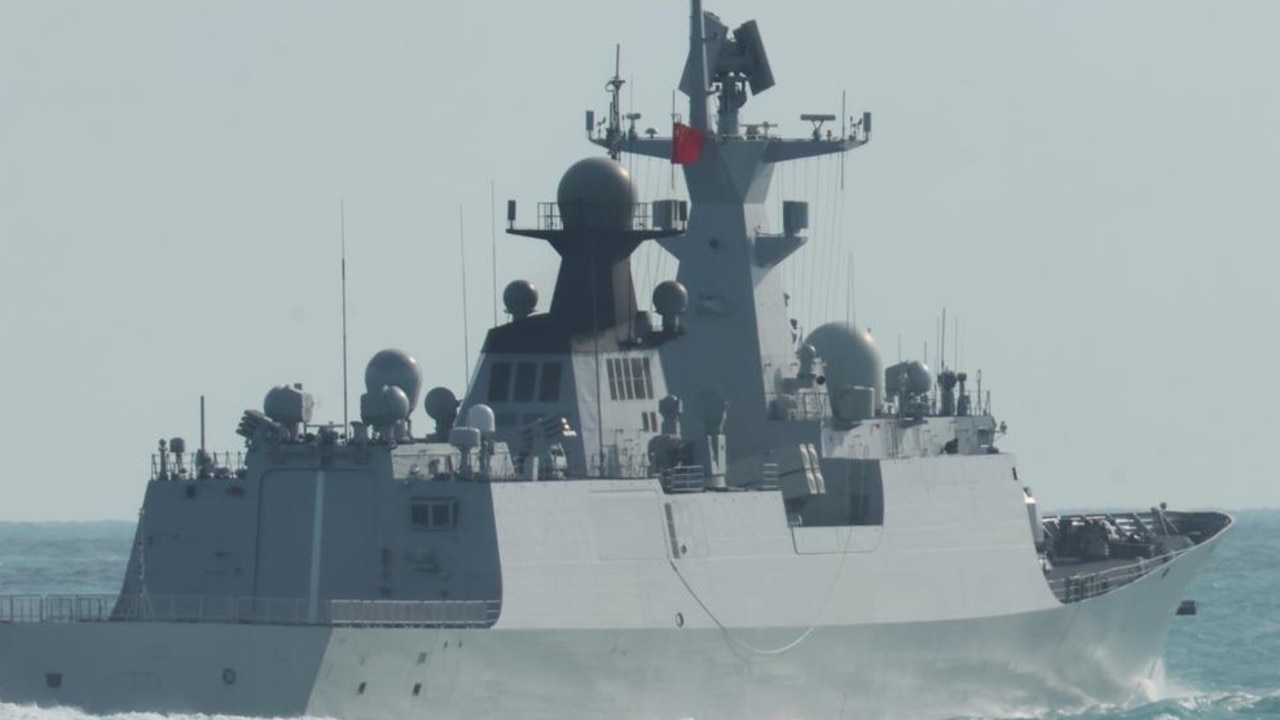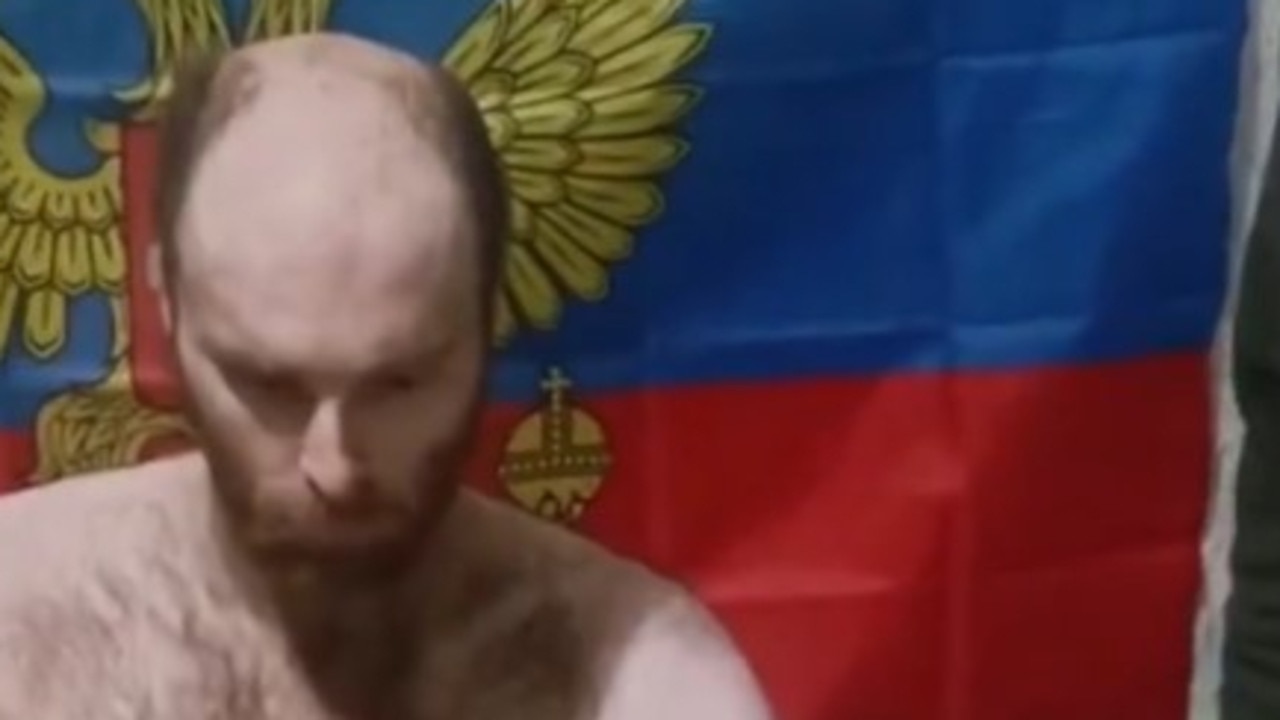The controversial past of Prabowo Subianto, Indonesia’s newly elected president
One of Australia’s closest neighbours has a new leader with a disturbing string of allegations in his wake. But for millions of voters, he’s just a “cuddly grandpa”.
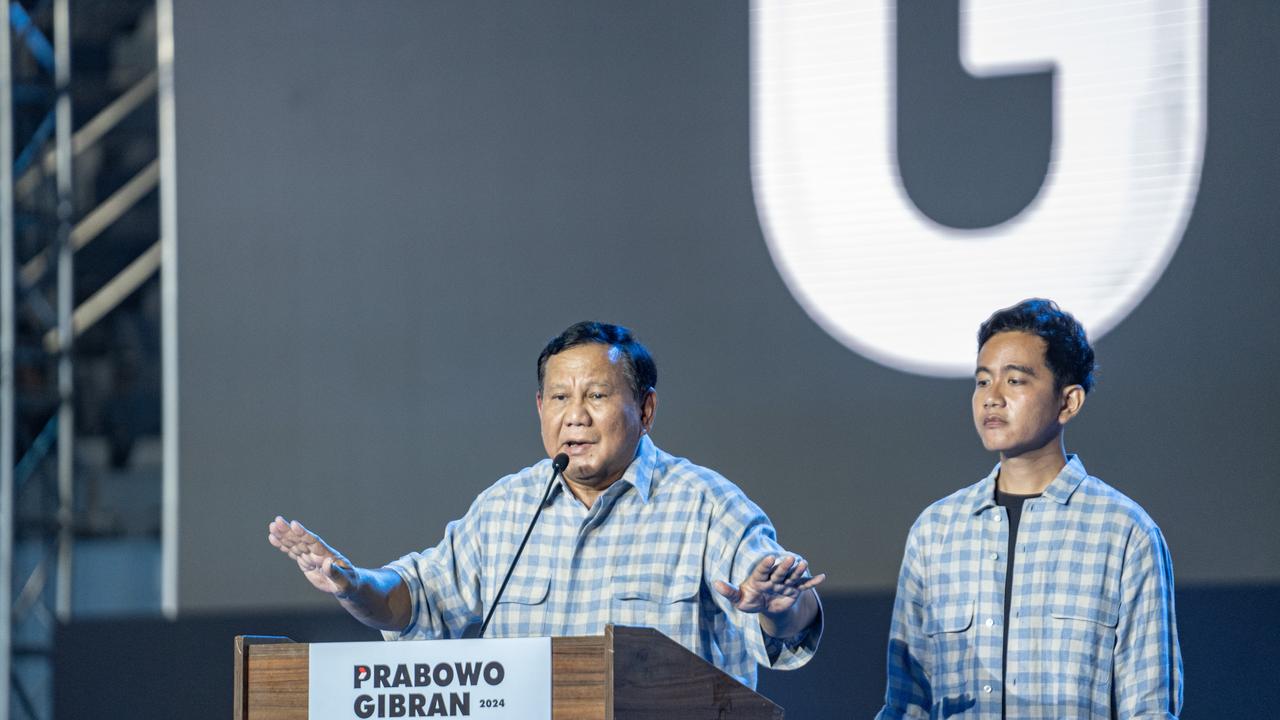
A former military general who helped upheld a 32-year dictatorship and was kicked out of the army for abudction and murder is on course to lead Southeast Asia’s biggest economy.
Polls had long shown Prabowo Subianto, who is currently the nation’s defence minister to be the favourite after he pledged to carry on the agenda of popular outgoing leader Joko Widodo, who is accused of inappropriately backing his campaign and whose son is Subianto’s running mate.
Now, he has Indonesia in the palm of his hand with early election results putting him well ahead of his two rivals.
“All counts, all pollsters... showed figures that Prabowo-Gibran won in one round,” he told cheering supporters in central Jakarta, referring to his vice presidential pick Gibran Rakabuming Raka, who stood beside him in a matching checked shirt.
“This victory should be a victory for all Indonesians.”
Official results are not due until next month but at least four government-approved groups, making projections based on official early tallying, showed Subianto winning around 57 percent for a clear majority.
Subianto, who was a military chief during the 32-year Suharto dictatorship, and ran for vice president in 2009 with ex-president Megawati Sukarnoputri, who failed to win.
He would go on lose the next two presidential elections to the popular Joko Widodo, who is stepping down after reaching the constitutional two-term limit.
Despite overwhelming support, the 72-year-old has a long and disturbing list of controversies stemming from his career in the military.
As a member and later commander of Indonesia’s elite special forces, Subianto was accused of human rights abuses during the occupation of East Timor.
In 1998, he was dishonourably dismissed from the army after being linked to the abduction and torture of over 20 student activists in the waning months of the Suharto regime in the 1990s. — 13 of which have never been found.
He has denied the allegations and has not been convicted.
After being discharged, he fled to Jordan and was blacklisted from Australia and the United States.
He has since rehabilitated his image, thanks in part to a social media campaign targeting Indonesia’s youth that now portray him as a “cuddly grandpa”.
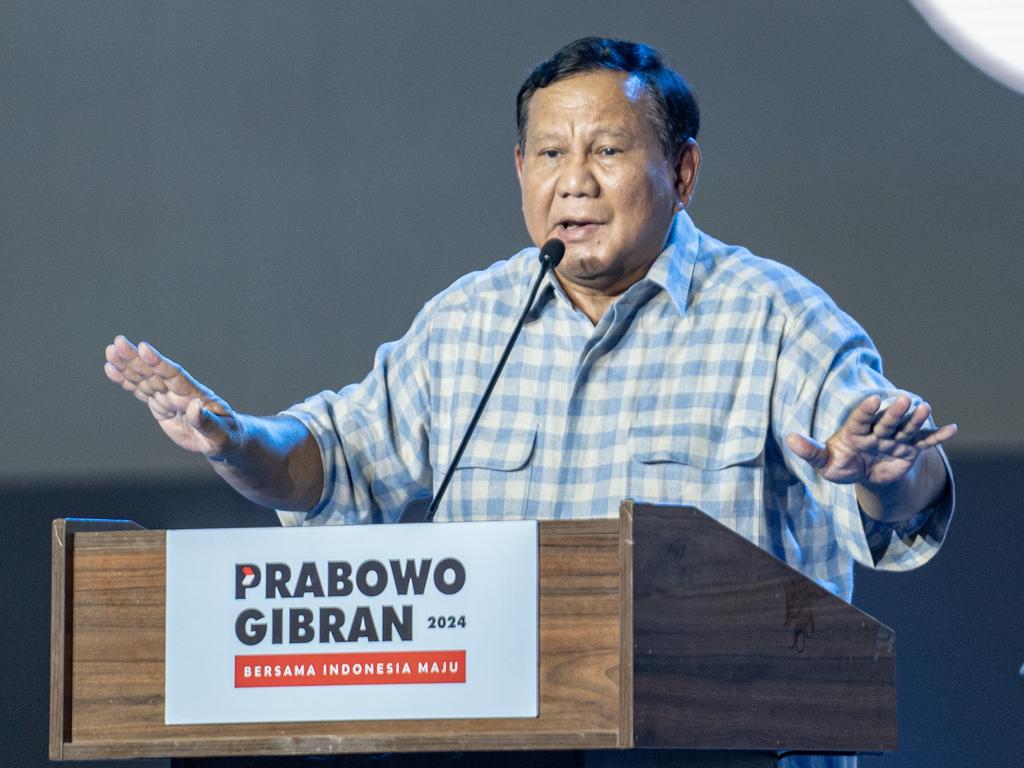
“We believe Indonesian democracy is running well. The people have decided,” he told supporters on Wednesday.
“Now the campaign is over, we must unite again.”
Subianto had previously pushed street protests and launched legal challenges after losing the previous two elections.
His history in the military played a major role in swaying undecided voters, with many believing his pragmatism will help drive Indonesia forward.
That strategy appears to have paid off, and the ex-general acknowledged the youth vote helped him win in a country where millennials and Gen-Zers make up more than half the electorate.
Another key factor in his popularity is picking Widodo’s eldest son, the 36-year-old Raka, as his running mate, a move that raised eyebrows.
Indonesia’s then-chief justice, who is Widodo’s brother-in-law, in October changed the rules that had barred candidates below age 40 from running for high office.
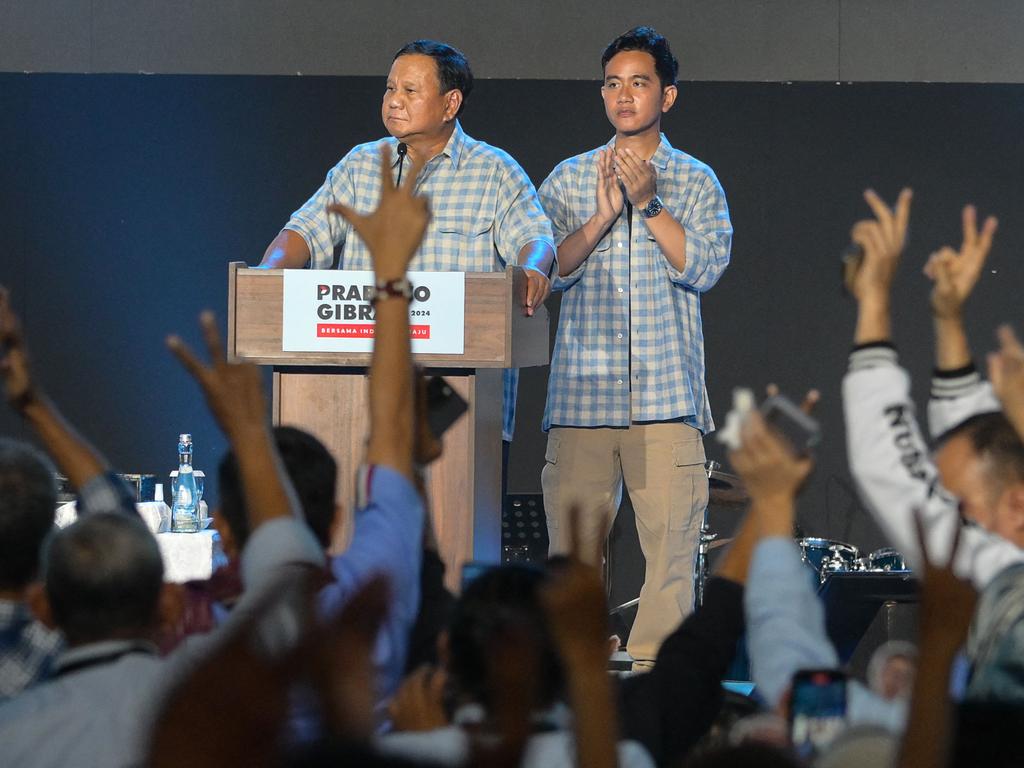
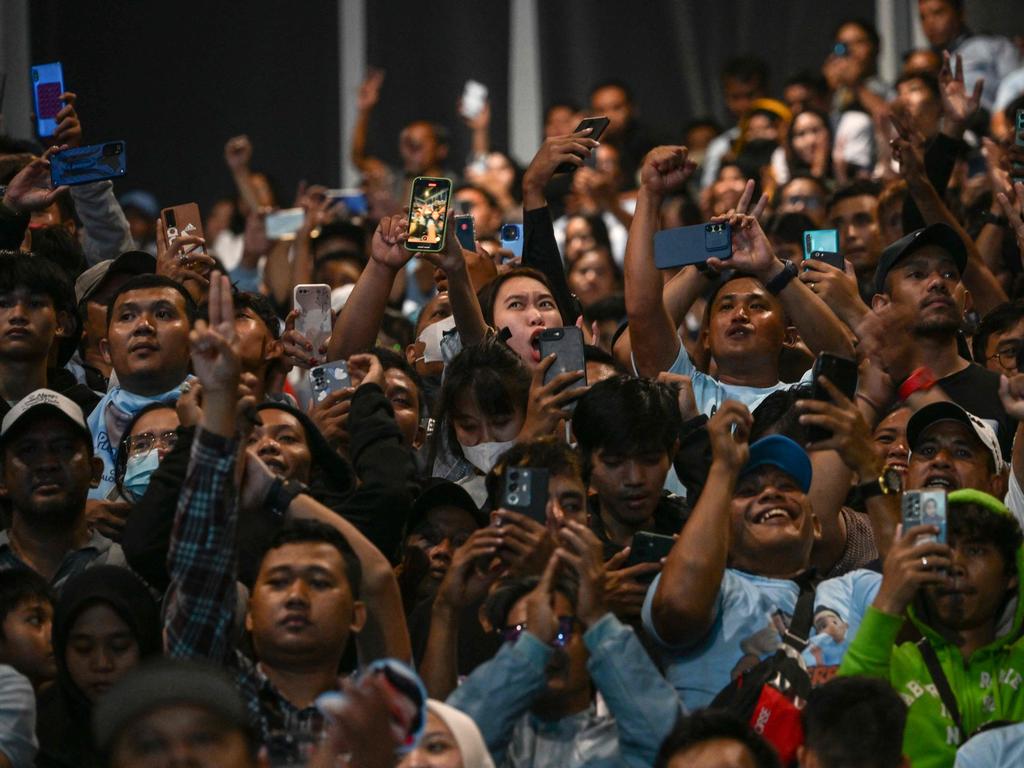
Some observers have also accused Widodo of improperly using government funds to support Subianto, who has rejected accusations of impropriety.
“Jokowi’s support was massive,” said Yoes Kenawas, political analyst at Atma Jaya Catholic University, using the president’s nickname.
“Social welfare aid was distributed through the state apparatus... that’s the main factor.” And rights groups have expressed alarm he could roll back hard-won democratic freedoms.
“We’ve been always worried about his commitment towards democracy,” said Yoes Kenawas, a researcher at Jakarta-based Atma Jaya Catholic University.
“If he wins, those questions will always linger.”


